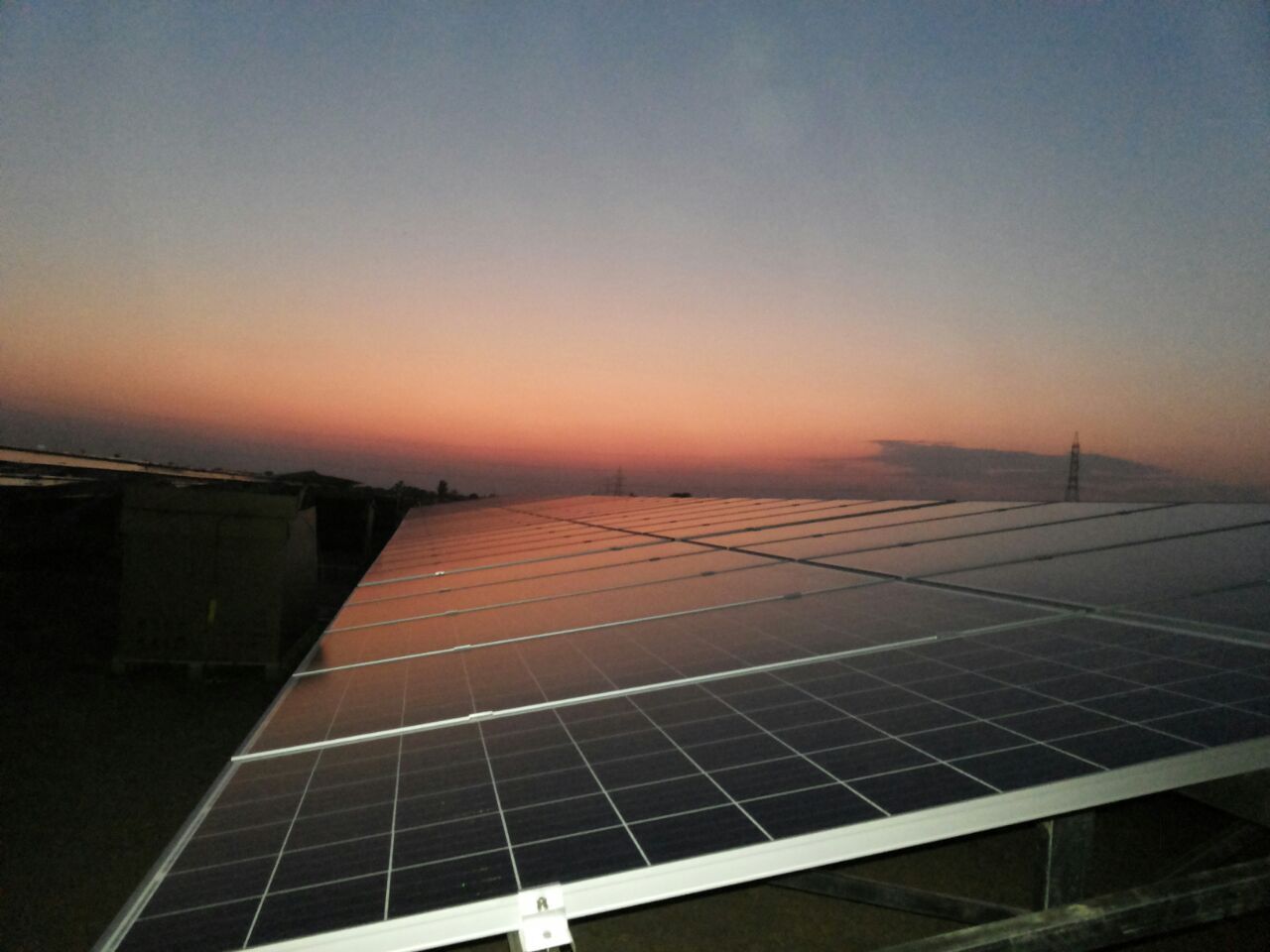Common Myths About Solar Panels and Soal Energy
We hear a lot of solar myths at Orange Electric. Here are some of the most egregious examples.
The Government Will Give You Free Solar Panels
You may come across fraudulent solar ads touting "free government solar panels." This is not true; you can go solar for no money down with a solar loan or lease, but the federal and state governments do not offer free solar panel installations.
While the government will not pay for the installation of solar panels, they will discount the upfront cost of purchasing a solar panel system through various solar incentives. The federal investment tax credit (ITC) allows you to deduct 26 percent of the cost of your solar installation from your federal tax liability. Your state or local government may also provide extra solar incentives, such as tax credits, rebates, or performance-based incentives, depending on where you reside (PBIs).
Solar is Only for the Wealthy
Many people believe that solar panels are a luxury item that can only be afforded by the wealthy. This is not true; due to lowering solar costs and the availability of financing options, solar is a viable option for many property owners.
Solar costs have decreased dramatically over the last decade; in 2008, the average cost of a solar panel installation was $8.82 per watt. In comparison, the current average cost of solar on EnergySage is $2.77 per watt.

Going Solar Entails Going Off the Grid
Although it is feasible to build an off-grid solar panel system using solar batteries, the vast majority of solar panel installations are grid-connected. This allows you to use solar energy generated by your system during the day and take power from the grid once the sun goes down.
That doesn't mean a solar panel system can't meet all of your electricity needs; under a program known as net metering, your utility will credit your electricity bill for extra energy produced during the day. With net metering, you’ll only be paid for the net amount of energy you use from the grid. If you generate more electricity than you consume in a particular month, you can apply those credits to a future account. Even if your solar energy system generates more energy than you consume during your electricity billing cycle, you will still receive an electric bill from your utility, but the amount owed will be negative.
Net metering laws differ by state and utility, so before adopting solar, check with your utility company about the specifics of their net metering.
Solar Panel Do Not Work in the Cold
Solar panels use sunlight to create electricity. If you live in a particularly cold state with frequent snowstorms, you will most certainly generate less solar electricity in the winter than in the summer due to fewer sunlight hours. However, the quantity of electricity you generate in the winter will be sufficient to save money on your electricity bill. In fact, because of the cooler temperatures, solar panels function more efficiently during the winter months when the sun shines.
Your solar panels will not generate power if they are covered in snow. Fortunately, solar panels are built to withstand a certain amount of weight, so the snow should not be a problem. Furthermore, most panels are angled such that when the sun comes out, the snow will slide off on its own.
When you need commercial solar installation in South Jordan, UT, contact Organce Electric today.
